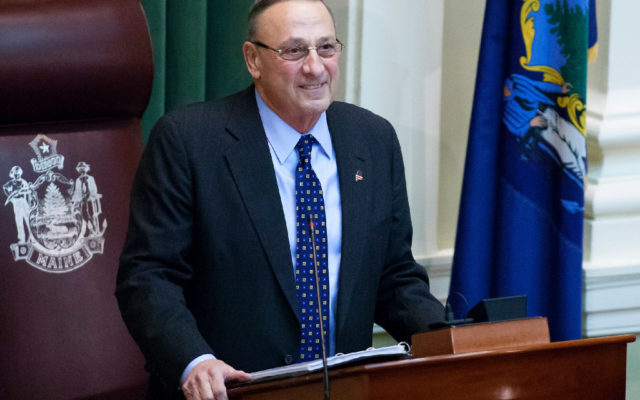
Let’s make sure gun control laws already on the books are working
The federal government must do a better job to provide adequate resources for background checks on people purchasing firearms.
Horrific mass killings remind us of how fragile life is. When killers have a history of violence or mental illness, they should not be able to buy a gun.
The vast majority of Maine’s people are responsible gun owners, and our outdoor traditions have instilled in us a healthy respect for weapons. Homicides in Maine are few. Unfortunately, they almost always have a relationship to either drugs, domestic violence or mental illness.
Many people are already prohibited from buying a firearm, and the national background check system is supposed to catch them. These include people with a domestic violence convictions; illegal immigrants; fugitives from justice; drug traffickers; individuals with a dishonorable discharge from the Armed Forces; and those with a restraining order.
We must ensure the background check system is working. The National Instant Criminal Background Check System holds more than 13 million records from local, state and federal law enforcement officials — but it has not always worked.
The killer in Texas should have been prohibited from buying firearms because of his dishonorable discharge from the U.S. Air Force, as well as his domestic violence charge for beating his ex-wife and her child. This was more than enough reason to deny him a firearm, but the U.S. Air Force failed to report it.
Laws are useless if agencies fail to comply with them and authorities fail to enforce them. More importantly, the limited data on mental illness that is allowed under HIPAA must be reported.
HIPPA does not require mandatory reporting. Instead, it creates an exception so only specific, limited information can be reported. This includes the name, sex, date of birth, Social Security number and documentation that an individual has been involuntarily committed or disqualified from using firearms due to mental illness.
An individual who seeks help for mental health conditions is not automatically prohibited from having a firearm. But some states have strict privacy laws that block reporting of mental illness data.
Another problem with our federal background check system is lack of staff and funding. A background check that is initially inconclusive can be extended for three business days for further investigation. This is not a waiting period — it is simply more time to ensure the background check is thorough.
But if three days lapse without the FBI completing the review, a buyer can purchase a gun. This is how Dylan Roof, the Charleston shooter, legally purchased his weapon before his murderous attack on a church.
We need adequate funding for background checks, and we need strict enforcement of the laws already on the books.
We also need to ensure all mandatory reporters are submitting mental illness data.
We already have the system in place now. Let’s use it before our country suffers another unspeakable tragedy.